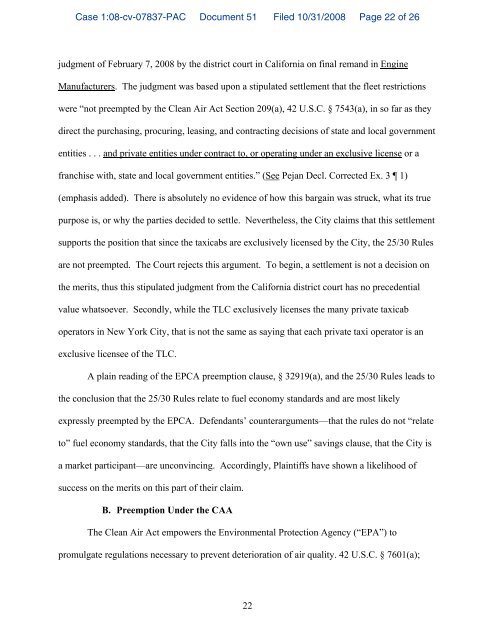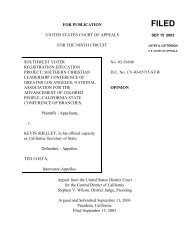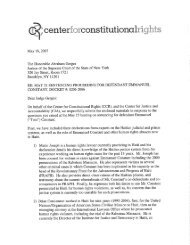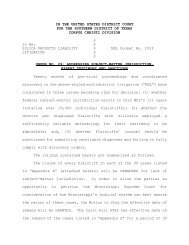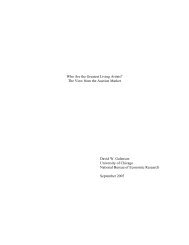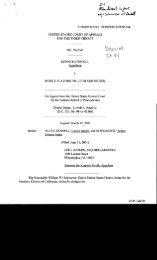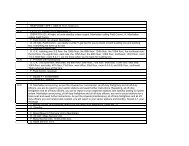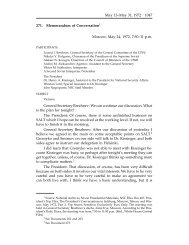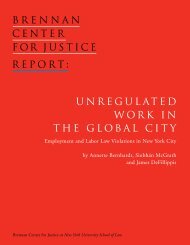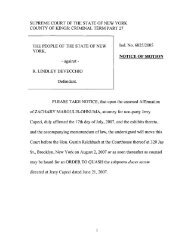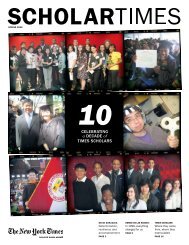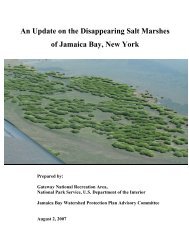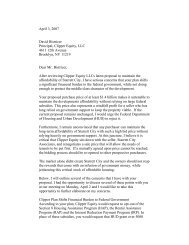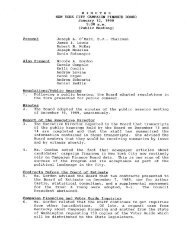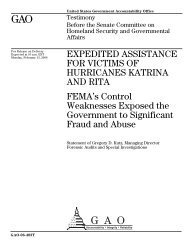UNITED STATES DISTRICT COURT SOUTHERN DISTRICT OF ...
UNITED STATES DISTRICT COURT SOUTHERN DISTRICT OF ...
UNITED STATES DISTRICT COURT SOUTHERN DISTRICT OF ...
Create successful ePaper yourself
Turn your PDF publications into a flip-book with our unique Google optimized e-Paper software.
Case 1:08-cv-07837-PAC Document 51 Filed 10/31/2008 Page 22 of 26<br />
judgment of February 7, 2008 by the district court in California on final remand in Engine<br />
Manufacturers. The judgment was based upon a stipulated settlement that the fleet restrictions<br />
were “not preempted by the Clean Air Act Section 209(a), 42 U.S.C. § 7543(a), in so far as they<br />
direct the purchasing, procuring, leasing, and contracting decisions of state and local government<br />
entities . . . and private entities under contract to, or operating under an exclusive license or a<br />
franchise with, state and local government entities.” (See Pejan Decl. Corrected Ex. 3 ¶ 1)<br />
(emphasis added). There is absolutely no evidence of how this bargain was struck, what its true<br />
purpose is, or why the parties decided to settle. Nevertheless, the City claims that this settlement<br />
supports the position that since the taxicabs are exclusively licensed by the City, the 25/30 Rules<br />
are not preempted. The Court rejects this argument. To begin, a settlement is not a decision on<br />
the merits, thus this stipulated judgment from the California district court has no precedential<br />
value whatsoever. Secondly, while the TLC exclusively licenses the many private taxicab<br />
operators in New York City, that is not the same as saying that each private taxi operator is an<br />
exclusive licensee of the TLC.<br />
A plain reading of the EPCA preemption clause, § 32919(a), and the 25/30 Rules leads to<br />
the conclusion that the 25/30 Rules relate to fuel economy standards and are most likely<br />
expressly preempted by the EPCA. Defendants’ counterarguments—that the rules do not “relate<br />
to” fuel economy standards, that the City falls into the “own use” savings clause, that the City is<br />
a market participant—are unconvincing. Accordingly, Plaintiffs have shown a likelihood of<br />
success on the merits on this part of their claim.<br />
B. Preemption Under the CAA<br />
The Clean Air Act empowers the Environmental Protection Agency (“EPA”) to<br />
promulgate regulations necessary to prevent deterioration of air quality. 42 U.S.C. § 7601(a);<br />
22


